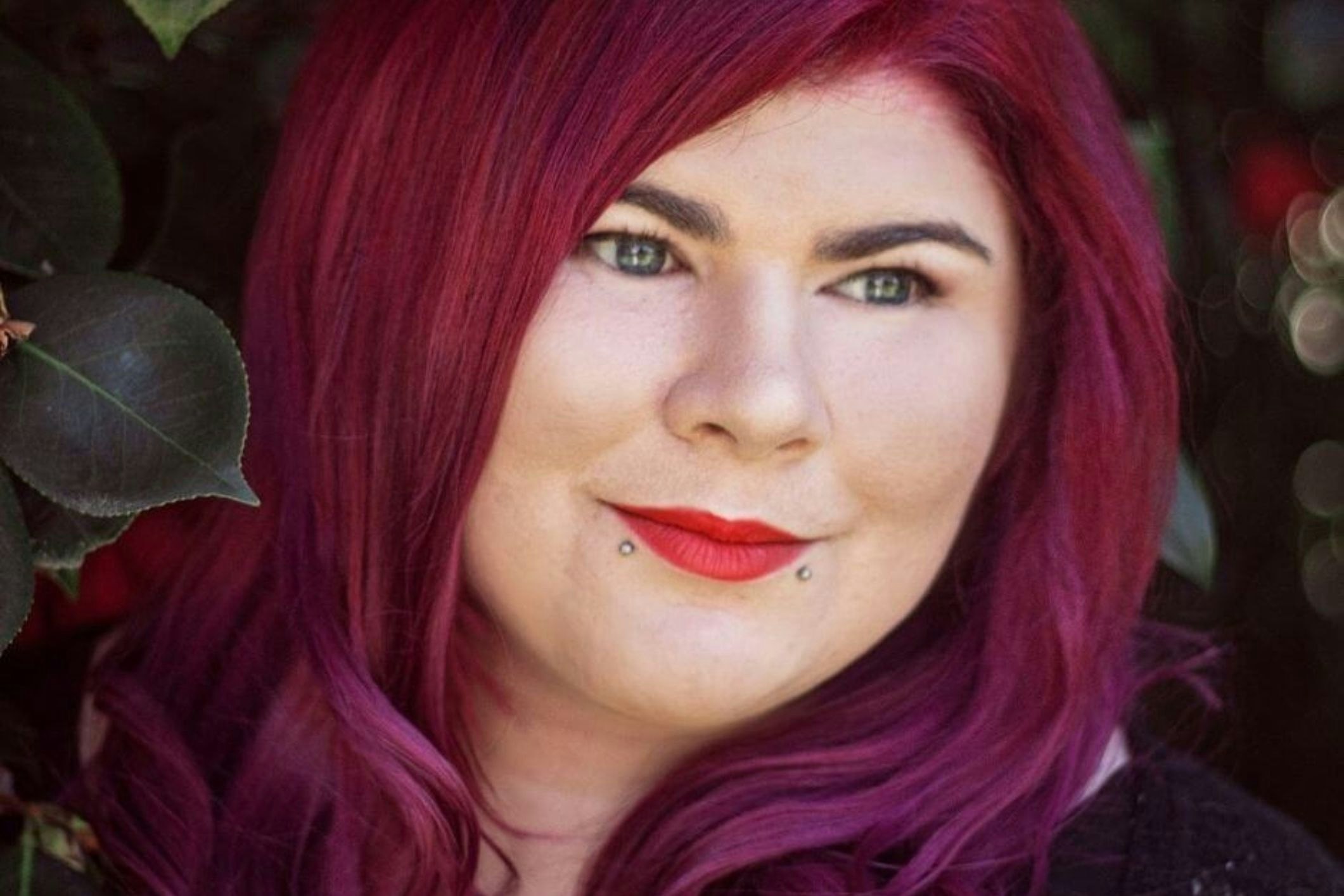Storytelling on the spectrum with Simmons

Zoe Simmons has been featured in News.com.au, the Daily Mail, Mamamia, Kidspot, the Sydney Morning Herald, 9Honey, the New York Post, New Idea and That’s Life magazine.
Key points:
- Zoe found the differences between male and female traits and associated stigma confusing due to lack of representation
- She says that her autism spectrum disorder (ASD) diagnosis is helping her to find herself
- Ms Simmons says that she wasn’t convinced she had autism due to preconceptions based on diagnostic traits typically associated with men
Editor, copywriter, search engine optimisation (SEO) specialist and whip-smart journalist Zoe Simmons is a one-woman testament to tomes, typing, text and storytelling. Her nationally renowned work serves as the backbone of a career forged between the crevices of a keyboard and crafted from creativity.
The Melbourne-based storyteller says that her ASD diagnosis unravelled an unknown path to self-discovery which blossomed into personal growth over the course of her life. Although the path to finding out she was autistic came later in life at the age of 27.
“I didn’t know I was autistic until last year, writing is just a special interest. I’ve always loved words, the power to tell stories that create change and make people feel, so I just followed that passion and every time someone told me ‘no,’ I kept pushing and found another way,” says Ms Simmons.
Speaking about the troubles she has faced finding work in the industry, she says that not being able to pick up on the subtle communications cues has been difficult, but connecting with neurodivergent people, including editors and fellow journalists, has been great.
“In uni, my conception of journalism was ‘get a degree, get an internship, get an in-house job and that’s pretty much it,’ of course, it’s very competitive and a lot of people can’t get an in-house job or it’s not the job they want, but that doesn’t mean you can’t do it,” she says.
“I’ve found that freelance [journalism] has been an excellent asset to my career. It’s allowed me to write for many publications […] it’s about thinking what stories you want to write, where you want to publish those stories.”
Zoe says that even after a decade of experience, she still faces rejection on occasion and notes that it doesn’t matter if you feel like you’re struggling to communicate, because everyone communicates differently and that’s okay, but it’s important to keep trying to get your voice heard.
“I didn’t really start thinking I could be autistic, because I only really saw young autistic boys being represented. When I Googled autism, I found it really negative and stigmatising. I didn’t realise I was bad at communicating because I was so good at masking — I thought everyone was like that,” she explains.
“I felt like a bit of an imposter, but when I was reading about women getting diagnosed later in life, I realised this is a big issue. I was lucky enough to have it funded, to get diagnosed, now looking back, I’m thinking ‘how did I not notice this?’”
Zoe encourages everyone to pursue their dreams and push past the rejection which awaits many hopeful scribes, diligent journalists and potential writers who may feel a disconnect between their abilities on the page, on screen or through verbal communication. In particular, she wants others to feel represented, heard and supported throughout their journey in the job market.
To check out Zoe’s services and bolster your marketing magic, check out Simmons’ website.